AO Edited
Ad Museum Tokyo
This museum celebrates the history of Japanese advertising, from feudal business tricks to modern T.V. commercials.
Like everywhere, advertisements are everywhere in Japan. It’s also quite infamous for its T.V. commercials, often shocking the world with their bizarre touch. Despite (or because of) our familiarity with it, however, advertisement largely remains an underappreciated art form. The Ad Museum Tokyo was established in 2002 to turn people’s eyes to the fun, creative ideas that lie in ads.
Set in chronological order, the museum starts off its permanent exhibition with a variety of business tricks from the Edo period, the last of Japan’s feudal periods, circa 1603-1867. It suggests that the world’s first marketing genius may have been Takatoshi Mitsui, a claim supported by famed management consultant Peter Drucker.
In 1673, Mitsui founded the kimono fabric shop Echigoya and quickly made a fortune with his innovative business style. Instead of visiting the would-be customers’ houses door to door, he sold his wares at the storefront while widely distributing hikifuda, an early form of flyer with a daring catchphrase printed on it, advertising his policies: fixed prices and on-the-spot tailoring. His business would later develop into Mitsukoshi, the oldest department store in Japan, and Mitsui Group, one of the largest corporate groups in the world.
By the 19th century, shrewd Edo merchants had found a myriad of ways to advertise their businesses. Meanwhile, artists often featured contemporaneous establishments in their works, from kimono shops in ukiyo-e paintings to teahouses in theater plays, some of which remain in operation to this day.
Japanese advertising rapidly Westernized and modernized in the Showa era, circa 1926-1989. Influences from the Art Nouveau and Art Deco movements were clear as day, catering to the general public’s taste. In the museum’s collection, you may also recognize many of the brand names from this era’s adverts, including Shiseido, Calpis, and Morinaga Milk Caramel.
As the exhibit goes on through the post-war era to the Heisei era, you can see how advertising developed into the late 20th century. An array of posters, newspaper clippings, and the like are on display alongside the products they advertise, serving as a perhaps nostalgic trip down memory lane for those who lived in these eras.
There are also four cloud-shaped audio visual booths suspended from the ceiling, inside of which visitors can watch an assortment of T.V. commercials curated depending on the “feelings” they evoke: “Yeah!,” “Love,” “Humm…” and “Wow!”
In addition to its vast collection, the museum has a reference library, a unique gift shop, and a temporary exhibit usually displaying recent award-winning ads and their creative processes.
Know Before You Go
The museum is located on Floor B2 of Caretta Shiodome, easily accessible from either Shiodome or Shimbashi Station. While it’s free of admission, it operates on a reservation-only basis as of now (following the COVID-19 pandemic), so make sure to book a visit online in advance.

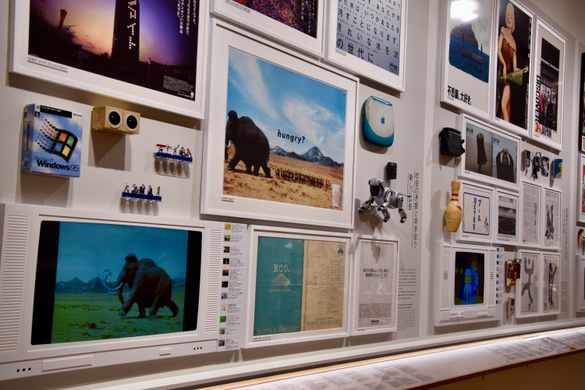
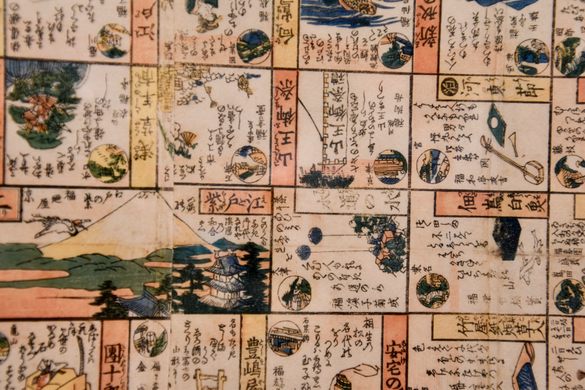
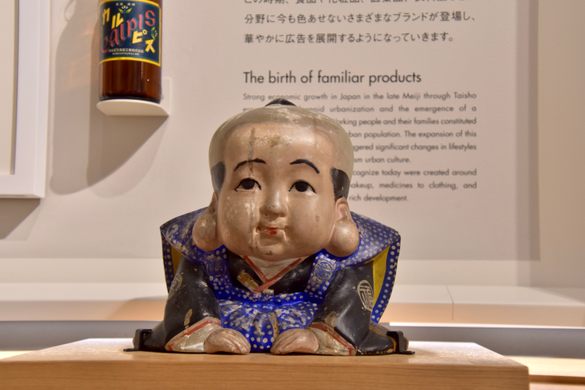
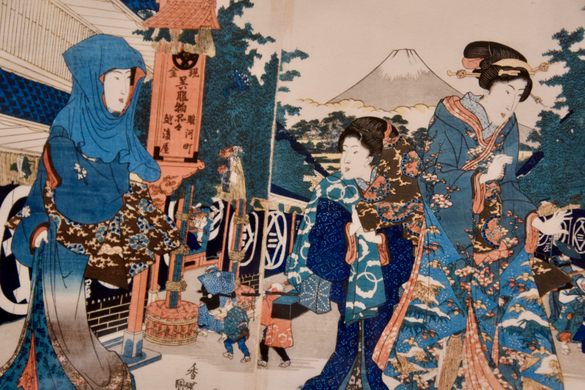
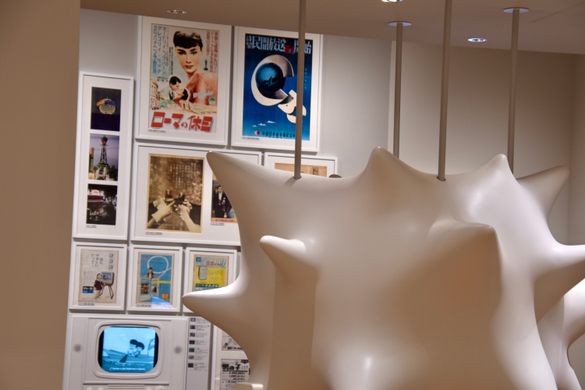
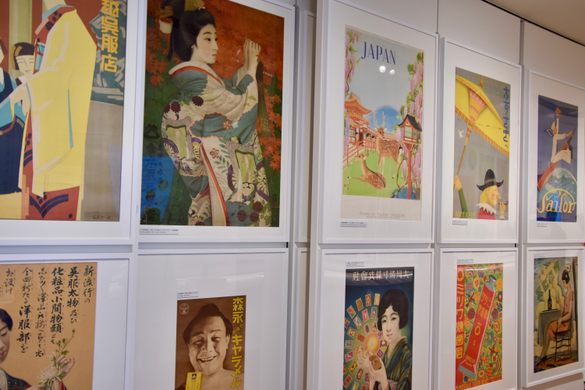
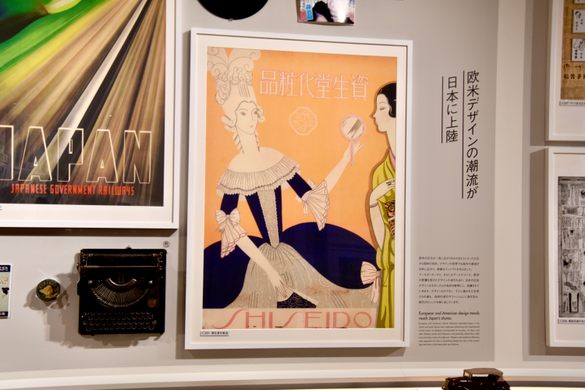



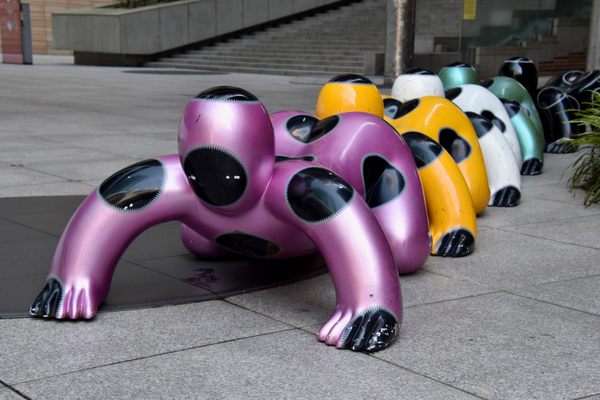


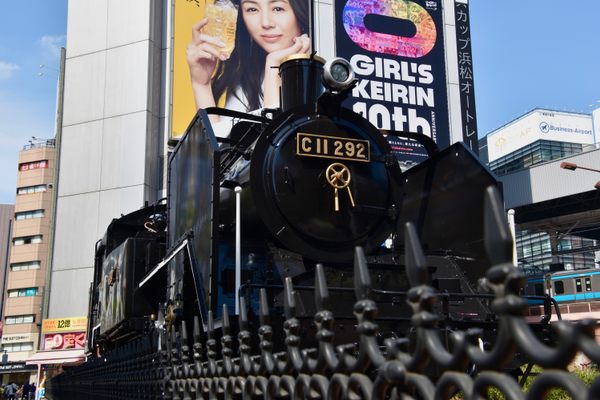


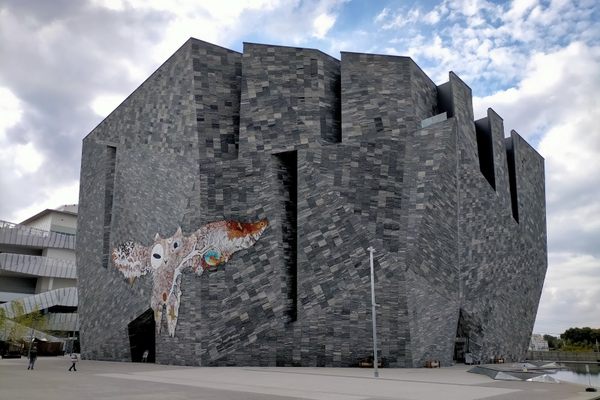


Follow us on Twitter to get the latest on the world's hidden wonders.
Like us on Facebook to get the latest on the world's hidden wonders.
Follow us on Twitter Like us on Facebook